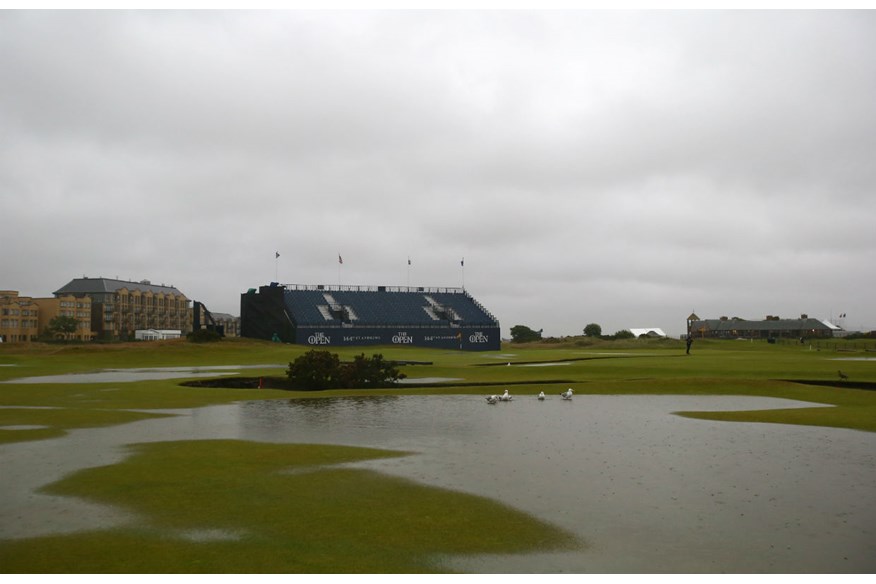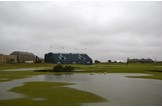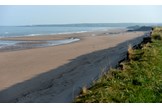Links courses at risk of disappearing by end of the century says Climate Coalition report
Last updated:
A new report by the Climate Coalition highlights the impending threat of climate change, suggesting higher sea levels could see all of Britain’s historical links courses washed away by 2100.
An increase in rainfall, coastal erosion, rising sea levels and more extreme weather leads the report to predict we will see ‘golf courses crumbling into the sea’, forecasting a turbulent future for the UK’s links golf courses.
Rising sea-level ‘poses the greatest long-term threat to golf in the UK,’ the report reads, particularly highlighting the issues facing golf in Scotland.
One in six golf courses in Scotland – including Open venues such as The Old Course in St Andrews, Carnoustie and Royal Troon – are links, and the report claims ‘only a small increase in sea-level rise would imperil all of the World’s links courses before the end of the century.’
“It [Climate Change] is certainly becoming a factor,” said Steven Isaac, Director of Sustainability at the R&A.
“Golf is impacted by climate change more than most other sports. Trends associated with climate change are resulting in periods of course closures, even during summer, with disruption seen to some professional tournaments. We are witnessing different types and timings of disease, pest and weed outbreaks.”
“The future threats are very real, with course managers having to show adaptation if we are to maintain current standards of course condition. It is something we take very seriously.”
And it’s happening to some Scottish golf clubs already. The report explains that due to more extreme weather courses have been closed more often and for longer periods, with there being as much as 20% less playing time for courses across the greater Glasgow area in 2016-17 compared to 2006-7.
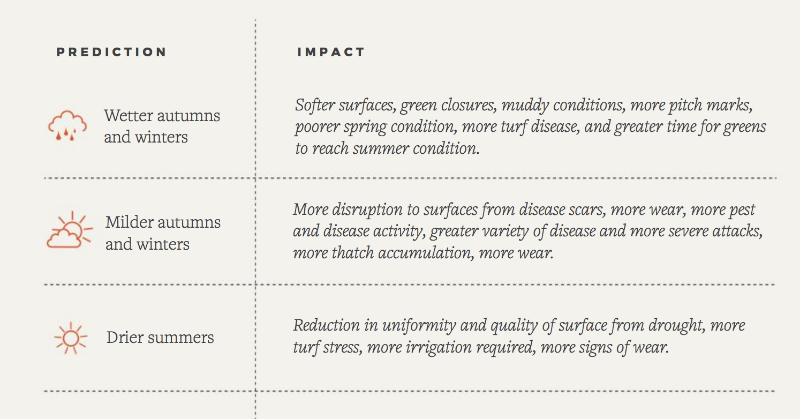
Montrose Golf Club
The report focuses on the impact of the coastal erosion and rising sea levels already threatening the 450 year old history at Montrose Golf Club, which is one of the World’s five oldest golf clubs.
Research published by Dundee University in 2016 showed the North Sea has crept 70 metres towards Montrose within the past 30 years.
Chris Curnin, director at Montrose Golf Links, said: “As the sea rises and the coast falls away, we’re left with nowhere to go. Climate change is often seen as tomorrow’s problem – but it’s already eating away at our course.”
“Last year we reached a critical point, the rock armour protecting our second tee and first green was no longer sufficient and we were in real danger of losing them. In a perfect storm we could lose 5-10 metres over just a couple of days and that could happen at pretty much any point.”
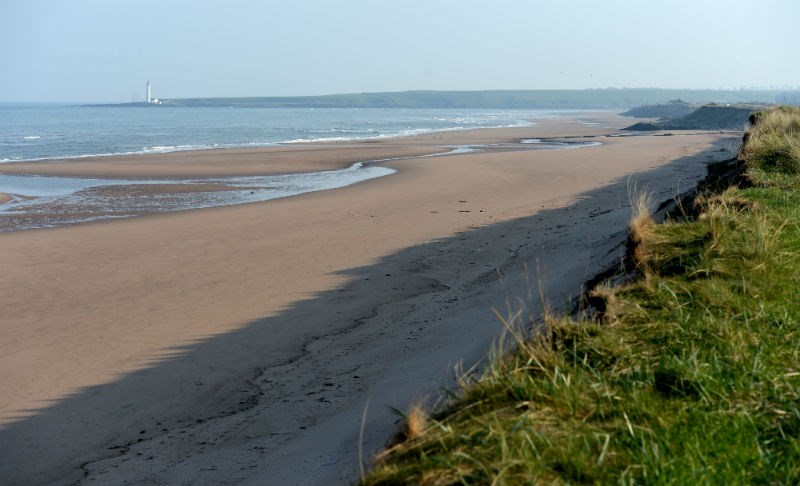
“It was decided along with help from Angus Council that we would sacrifice our third tee (which is one of the iconic holes) by moving the rocks from there to bolster the rocks at the 2nd tee and 1st green. We are pinning our hopes on being included in the next round of funding for coastal protection.”
Without this funding, the course would have to compromise on its history and have to move dramatically inland to continue as a golf course.
Read the full report, which also highlights the impact predicted for football, cricket and winter sports in the UK, here.
